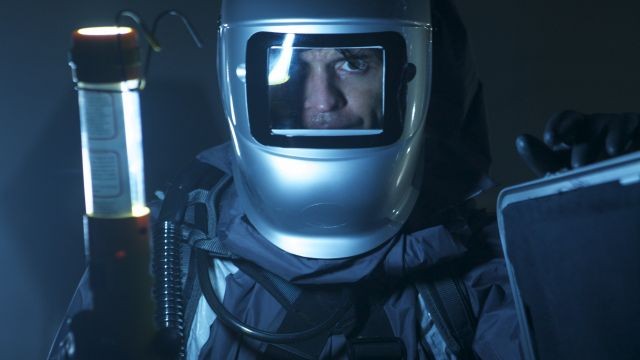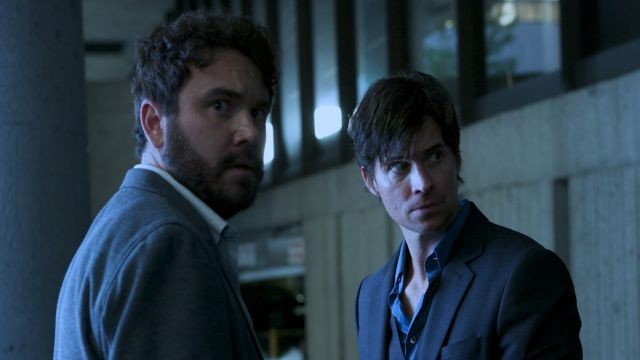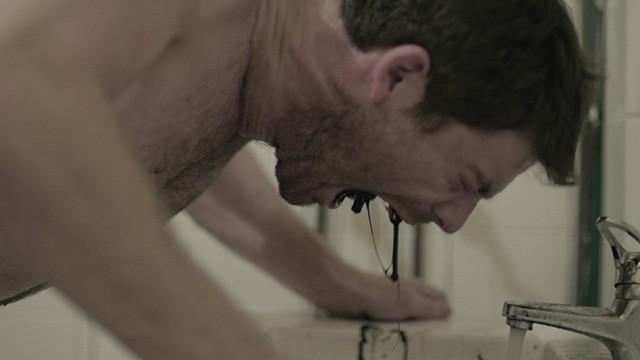Ain't It Cool News (www.aintitcool.com)
Review
2015 FANTASIA FESTIVAL: Capone reviews Jacob Gentry's SYNCHRONICITY, 100 YEN LOVE, and OBSERVANCE!!!
Hey everyone. Capone in Montreal here, once again covering a few days in the life of this year’s Fantasia International Film Festival. Today marks Day 2 of 5, and if I’m able to keep up this pace of seeing film and immediately writing them up (no promises), there should be a lot of titles for you to keep an eye out for in the coming months. Quite a variety yesterday, so let’s dive in…
Readers Talkback





